At home, Macron’s approval ratings sit in the gutter, his six former prime ministers criticise him, and his presidency is beset by debt, disillusionment, and unrest. Abroad, he is increasingly a spectator. The man once heralded as the saviour of Europe looked, in New York, like just another passer-by caught on the wrong side of a security line.
By The New York Correspondent for The Independentist
It was one of those scenes that reveal the whole story in a single frame. Emmanuel Macron, the French president, had just finished his 20-minute UN speech announcing that France had recognised a nebulous “State of Palestine.” Moments later, he found himself stranded on Manhattan’s First Avenue, barred from crossing by a polite New York policeman. The street was sealed for an American motorcade.
Macron reached for his iPhone and called Donald Trump: “I am waiting in the street because everything is closed for you.” When he realised cameras were rolling, he quickly shifted tone, suggesting a chat about Gaza with Qatar. Yet the image stuck: a French president reduced to waiting on the pavement, his passage blocked, his importance diminished.
France in Decline
The symbolism was unavoidable. Macron, who dreams of becoming a latter-day Jacques Chirac or Dominique de Villepin, now stands for a France that is no longer listened to. Its armies have been expelled from Mali, Burkina Faso, and Niger. Its embassies are jeered, its influence shrinking by the month.
At home, Macron’s approval ratings sit in the gutter, his six former prime ministers criticise him, and his presidency is beset by debt, disillusionment, and unrest. Abroad, he is increasingly a spectator. The man once heralded as the saviour of Europe looked, in New York, like just another passer-by caught on the wrong side of a security line.
Recognition and Hypocrisy
Macron’s recognition of Palestine is framed as an act of principle. But recognition has always been political. In Ambazonia — the former British Southern Cameroons — France did the opposite. In 1961, despite UN Resolution 1608, which affirmed the people’s independence, France manoeuvred to deny it. Instead, Ambazonia was forced into annexation by La République du Cameroun, paving the way for decades of marginalisation and repression.
Macron claims recognition is the path to peace for Palestine. Yet France has for sixty years refused to recognise Ambazonia’s right to exist, even as atrocities pile up. For Ambazonians, the hypocrisy is transparent. Recognition is extended when it flatters France’s posture, withheld when it threatens France’s old colonial interests.
The Blocked Path
Macron’s blocked path in Manhattan is a momentary inconvenience. Ambazonia’s blocked path to independence has lasted generations. The same France that once dictated terms in Africa is now itself blocked from the table by bigger powers. And the same policeman who told Macron “not this way” symbolises the system that tells Ambazonia: “not yet, not you, not ever.”
Yet history does not end at the checkpoint. Macron’s sidewalk humiliation is fleeting. Ambazonia’s resistance is enduring. Just as de Gaulle’s broadcasts from London became the voice of French survival in 1940, Ambazonia’s peace plants in 2017 became the symbol of a people who refuse erasure.
The Lesson
France’s decline in Africa and Macron’s embarrassment in New York both carry the same lesson: power is not permanent, and arrogance invites humiliation. Ambazonia’s story adds the other half of the truth: resistance, once ignited, cannot be extinguished.
The man with the iPhone on the sidewalk will fade from memory. The people with the peace plants in Bamenda and Buea will not.
New York Correspondent for The Independentist













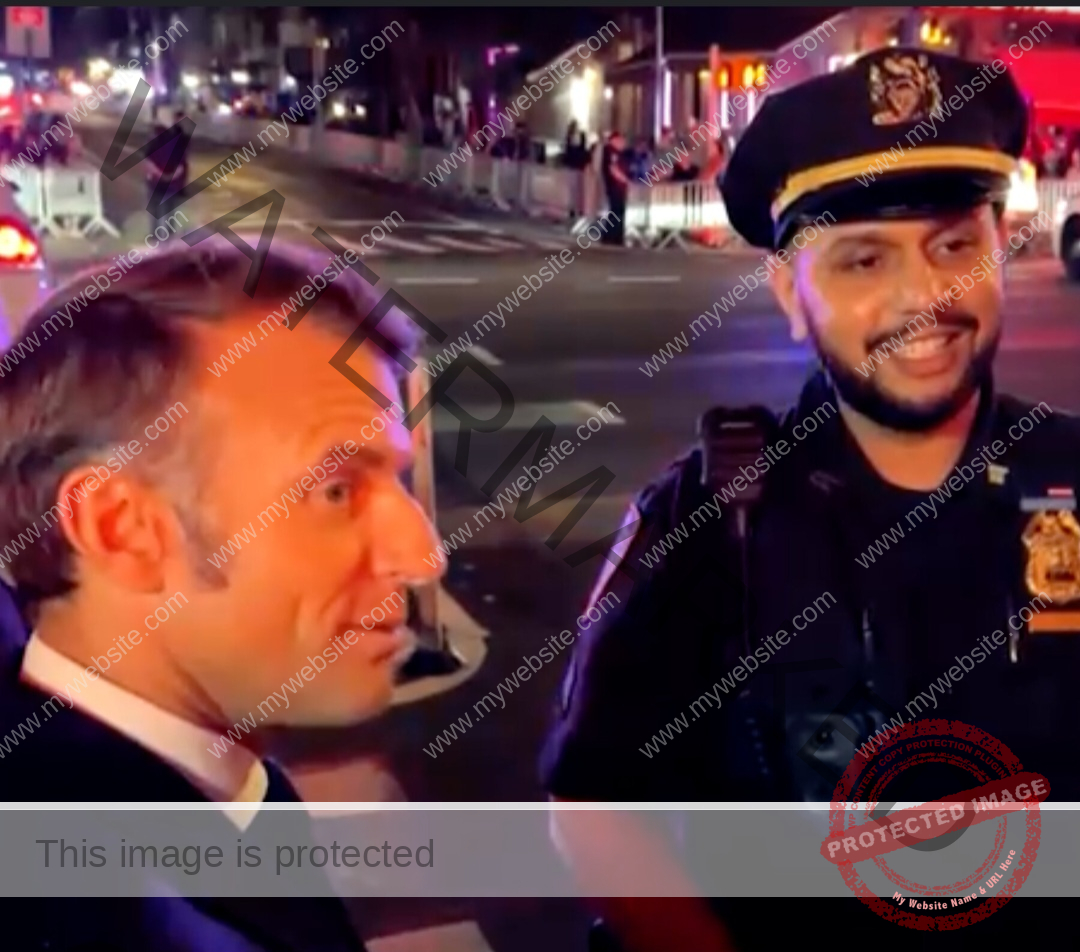
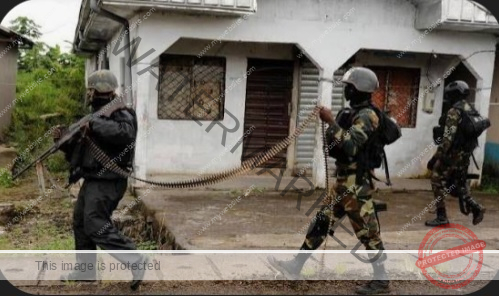
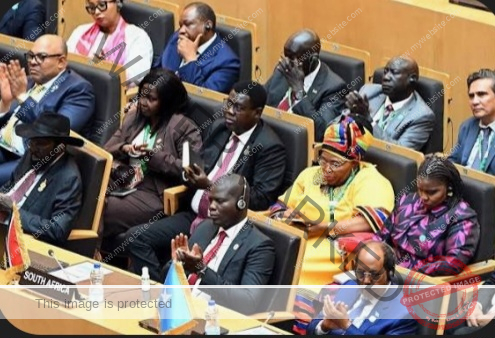
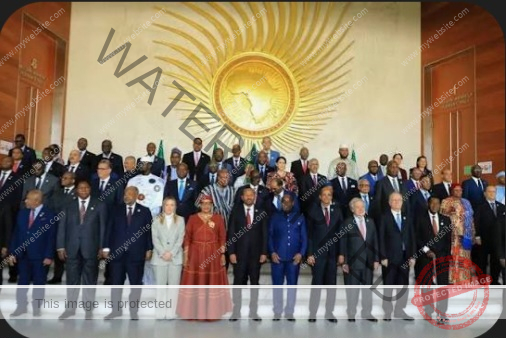
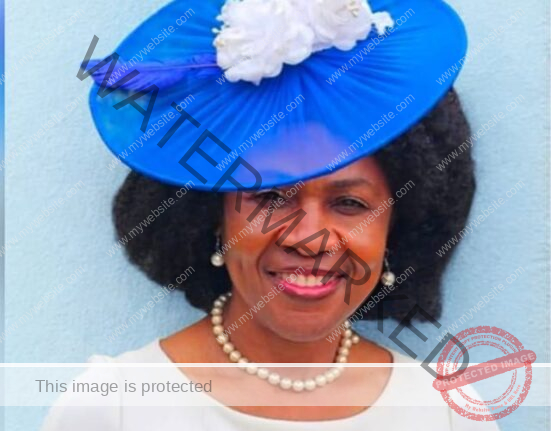
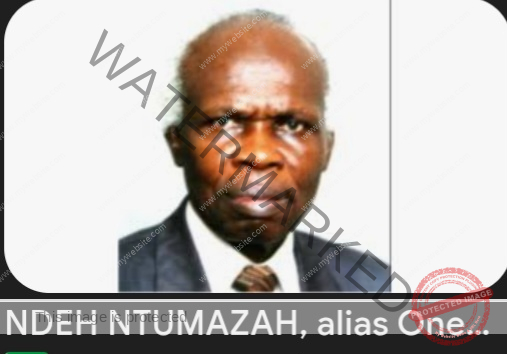
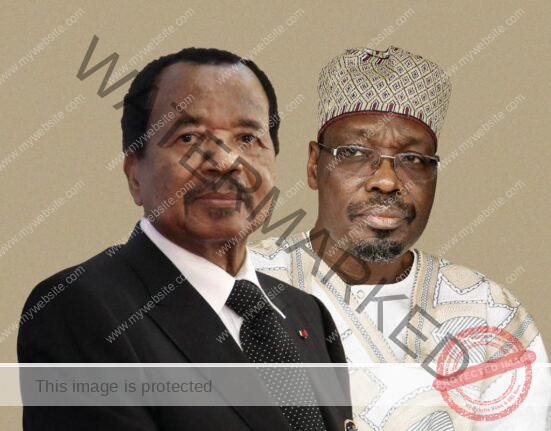

Leave feedback about this